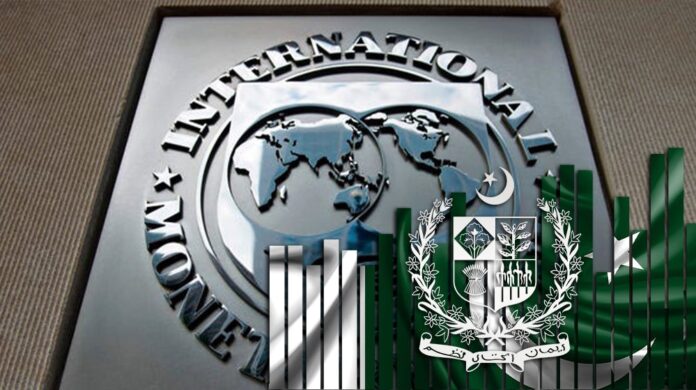The International Monetary Fund (IMF) has stressed the need for broad-based tax reforms in Pakistan, highlighting the country’s weak revenue generation and over-reliance on the formal sectors for taxation.
Speaking at the “Retail Reimagined: Innovate, Collaborate & Thrive” conference, IMF Resident Chief Mahir Binici noted that certain sectors contribute little to the national exchequer, placing an excessive burden on salaried individuals and businesses operating in compliance with tax laws.
Finance Minister Muhammad Aurangzeb echoed these concerns, pointing out that Pakistan’s retail sector accounts for 19% of GDP but contributes just 1% in taxes. He warned that the current tax structure, where the formal sector subsidizes tax evaders, is unsustainable. The government, he said, is committed to enforcing compliance, particularly in agriculture, wholesale/retail, and real estate—sectors that have long avoided taxation.
Aurangzeb also announced that artificial intelligence (AI) would be deployed to enhance tax collection, targeting the Rs9.4 trillion in cash circulation outside the formal economy. He acknowledged that bringing undocumented businesses into the tax net will take time, but emphasized that the government is firmly moving in that direction.
On Pakistan’s economic outlook, the finance minister said macroeconomic stability had improved, with a stable currency, higher foreign exchange reserves, lower inflation, and a sharp drop in KIBOR from 23% to 11%. He added that foreign investors were regaining confidence, as capital inflows in both debt and equity markets increased.
At the conference, Chainstore Association of Pakistan (CAP) Chairman Asfandyar Farrukh noted that only 10% of the retail sector is in the tax net, while 90% remains undocumented, making it difficult for compliant businesses to compete.
Meanwhile, State Bank of Pakistan (SBP) Deputy Governor Saleem Ullah announced that Pakistan’s digital payment system would be fully implemented within five years, while FBR Member Legal Mir Badshah Wazir shared that 12,249 Tier-1 retailers are now linked to the Point of Sale (POS) system, generating 660 million receipts last fiscal year.
Wazir admitted that the Tajir Dost Scheme (TDS) had failed to meet expectations, but policy measures had led to an increase in tax return filings from the retail sector.
FBR Member Inland Revenue Operations Hamid Ateeq Sarwar stated that although IMF conditions led to the withdrawal of tax concessions for Tier-1 retailers, a lower tax rate could be considered if no input adjustments were claimed—subject to IMF approval.




